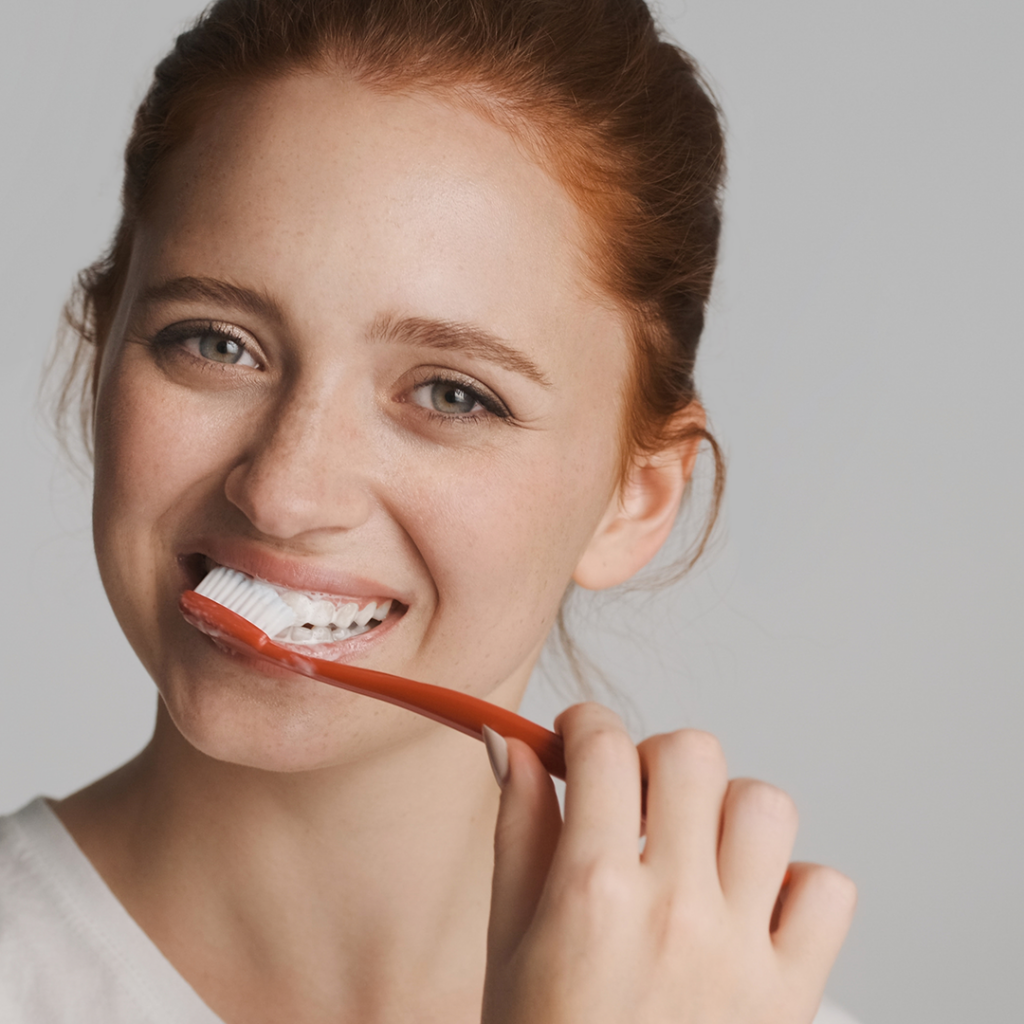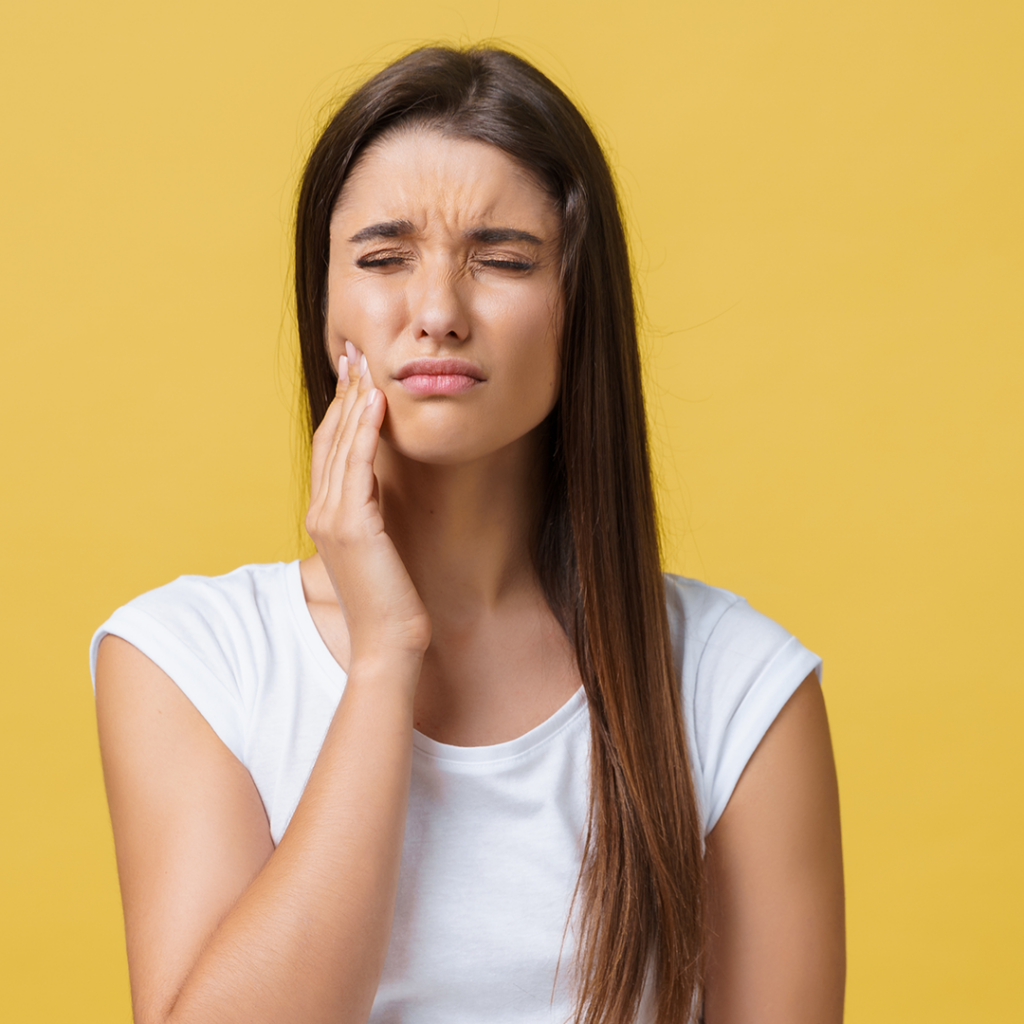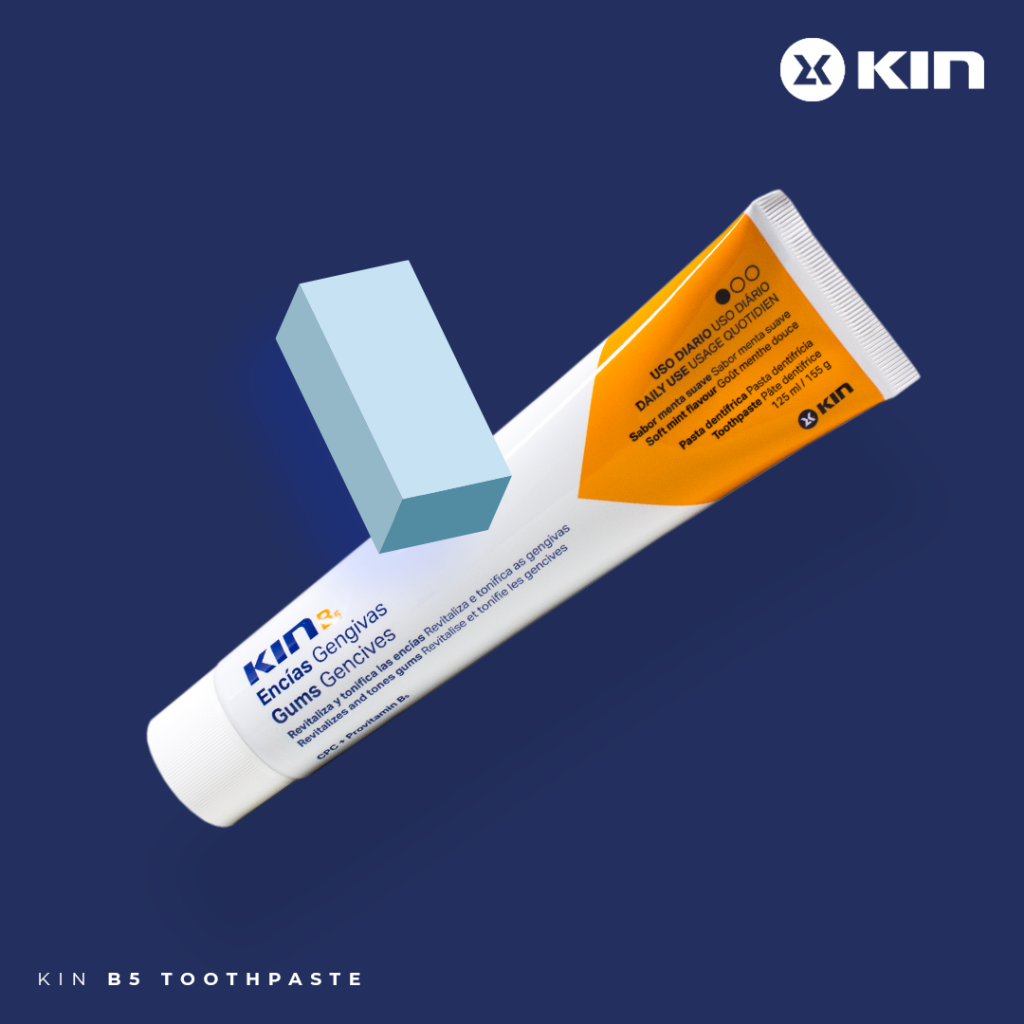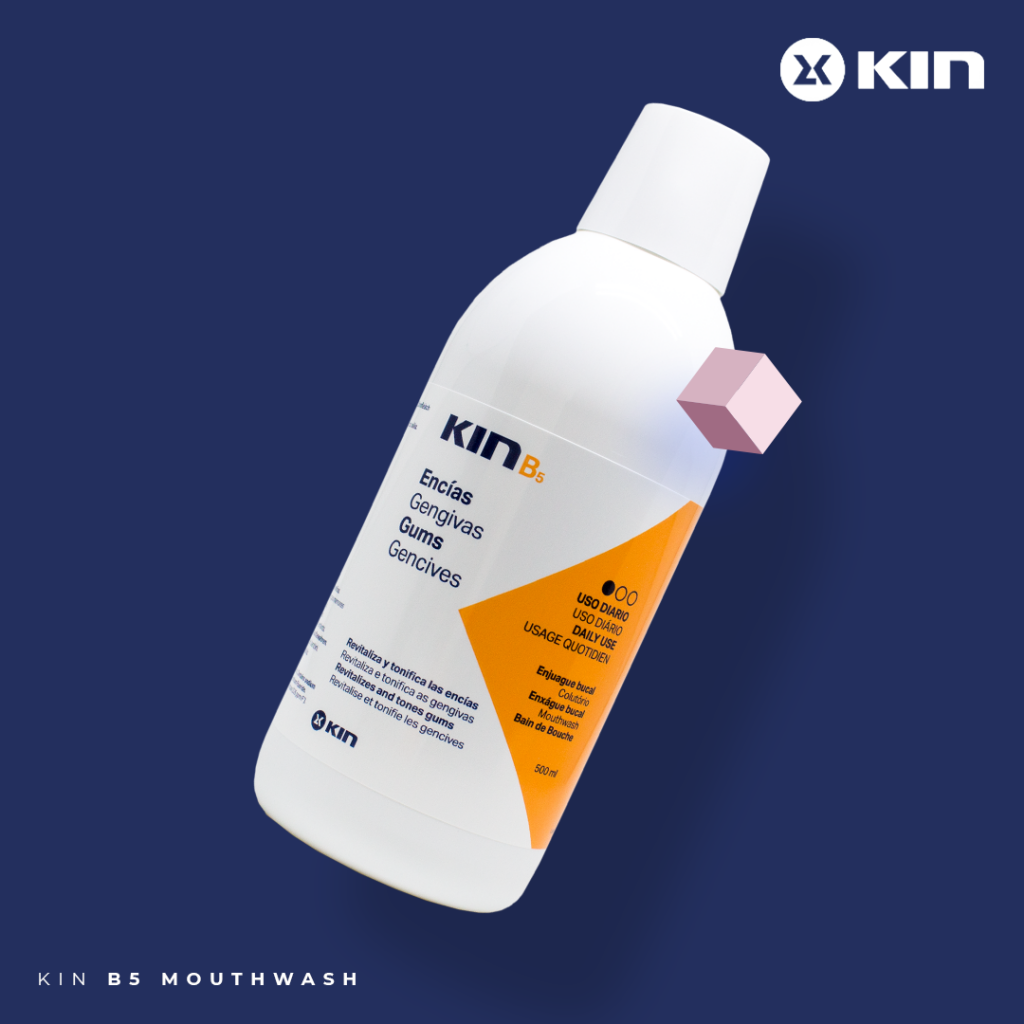Don’t be alarmed – your mouth is home to millions of bacteria. Some of these bacteria are essential for good oral health, while others can cause disease. Usually, the body’s natural defenses and good oral health care, such as daily brushing and flossing, keep bacteria under control.
However, without appropriate oral hygiene, bacteria accumulate, and this might lead to oral infections, such as tooth decay and gum disease. Good oral hygiene is essential for maintaining a healthy mouth. At times, this may mean more than daily brushing—particularly when taking some medications that alter the production of saliva or when suffering from chronic disease.
How do we maintain good oral hygiene?
Brushing at least twice a day and flossing daily help remove plaque, a sticky film of food debris, bacteria, and saliva. Plaque that is not removed can harden into tartar, which can irritate the gums and lead to gum disease. Therefore, it is essential to brush and floss regularly and see your dentist for regular checkups and cleanings.

Health problems can be linked to lack of oral hygiene
Poor oral hygiene has been noted to contribute to various diseases and conditions. From infections of the inner lining of the heart valves or chambers to pneumonia and even complications in pregnancy, we learn that problems in the mouth can lead to infections and inflammation elsewhere.
Furthermore, certain diseases such as diabetes can puts your gums, teeth, and oral mucosa at risk by making you more prone to infections and weakening the structures that keep the mouth healthy and able to carry out its functions.

What can you do?
When it comes to oral health, the saying holds true – prevention is better than cure:
- start with your diet: limit sugary and acidic foods and drinks, eat healthy meals, drink plenty of water, and minimise snacking between meals
- brush your teeth twice a day for 2-3 minutes preferably after meals and before going to bed
- replace your toothbrush every 3-4 months or sooner if the bristles look worn
- use a brush with soft bristles, don’t press too hard while brushing
- use floss or an interdental brush daily, especially if you have crowding (overlapping teeth)
- use mouthwash to remove particles of food left after brushing and flossing
- attend regular dental checkups and cleanings
- avoid smoking
A dental plaque biofilm forms from an accumulation of microorganisms (bacteria and sometimes fungi) that are deposited together with saliva on our teeth. The biofilm is sticky and transparent at first but can be removed through good oral hygiene. When biofilm is left on the teeth it either causes dental caries through its acidic nature or hardens into tartar. Tartar is yellow or brown and not removed by tooth brushing or other interdental aids.
Get your healthy smile back with KIN B5
The KIN B5 range prevents inflamed and bleeding gums caused by the accumulation of dental biofilm. These products control dental plaque while maintaining healthy gums.
KIN B5 toothpaste and mouthwash contain Cetylpyridinium chloride (CPC) Provitamin B5, Vitamin B3, Fluoride and Xylitol. CPC is an antiseptic that eliminates bacteria and other microorganisms. It has proven effective in preventing dental plaque and thereby reducing the incidence of gingivitis (inflammation of the gums). Provitamin B5 boosts the mucous membranes and soothes the mouth. Vitamin B3 provides a protective effect against oxidants and revitalizes the gums by promoting collagen formation. Xylitol neutralizes the pH of the mouth, preventing tooth decay. Fluoride helps to prevent caries and strengthens the teeth enamel.

Aside from prevention of bleeding gums, Kin B5 toothpaste and mouthwash are indicated as daily maintenance following a procedure in the mouth as it provides an antiseptic, antioxidant, and boosting action as well as protection against tooth decay. This includes following routine cleaning and polishing.

KIN B5 products are safe and recommended during pregnancy when gums become more susceptible to swelling, soreness, and inflammation due to hormonal changes. The same applies to those patients with delicate gums due to genetic predisposition, chronic disease, or medicine use.
Those with implants and prostheses should use KIN B5 toothpaste and mouthwash, since these are also susceptible to gathering a biofilm that can damage the remaining teeth and gums.
Both products are suitable for long-term use and are a product of choice for deep cleaning.
And finally, don’t forget the essential accessories to complete your oral hygiene routine – the KIN range includes toothbrushes, and interdental brushes designed for the optimal removal of dental plaque in those difficult-to-reach places. Remember that these come in a range of sizes so that you can use what best suits your interdental space.
KIN B5 helps your smile stay white and strong!
Sources:
Oral health: A window to your overall health. (n.d.). Mayo Clinic. Retrieved 20 July 2022, from https://www.mayoclinic.org/healthy-lifestyle/adult-health/in-depth/dental/art-20047475
Marsh, P. D. (2006). Dental plaque as a biofilm and a microbial community – implications for health and disease. BMC Oral Health, 6(Suppl 1), S14. https://doi.org/10.1186/1472-6831-6-S1-S14
